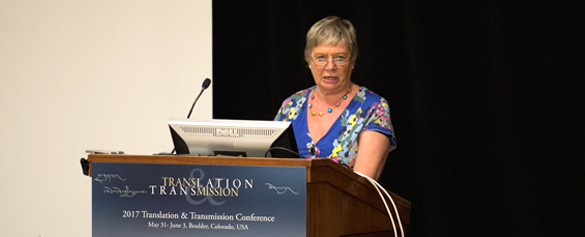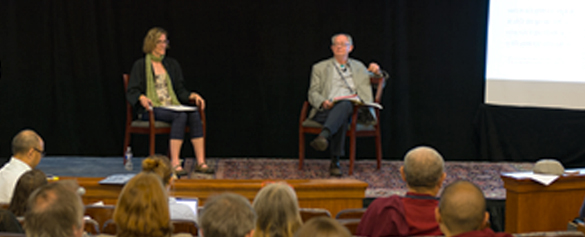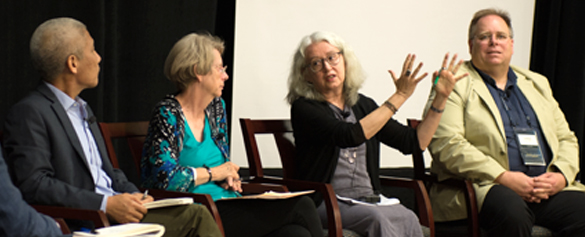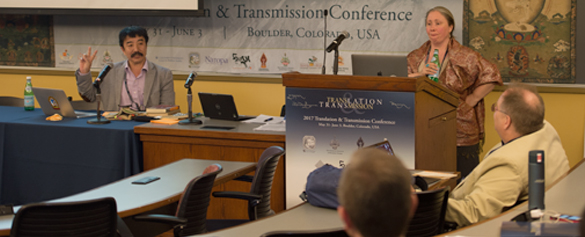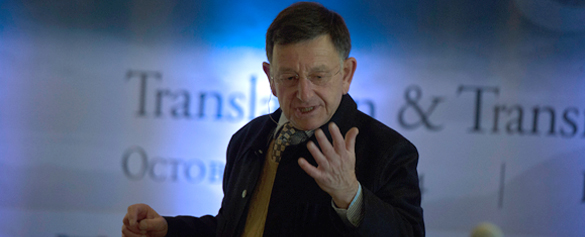What Authority Can a Translation Claim?
Marcus Perman2022-11-16T23:34:09-07:00Although we recognise the fundamental importance of translation in the transmission of texts written in languages that we do not know, the question remains as to what authority a translation can claim. The relationship between translation and original has been a source of heated debate for centuries, with widely differing views as to how ‘faithfulness’ in translation might be defined. There is a paradox at the heart of how we view translation, for though we acknowledge the inherent difficulties of the task, we also take translation for granted to the point where translators become invisible. This paper will consider that […]

